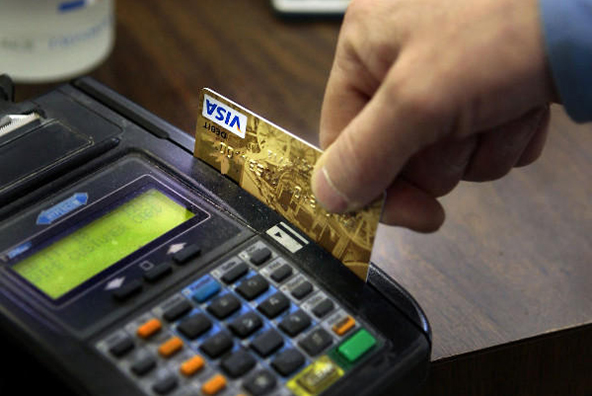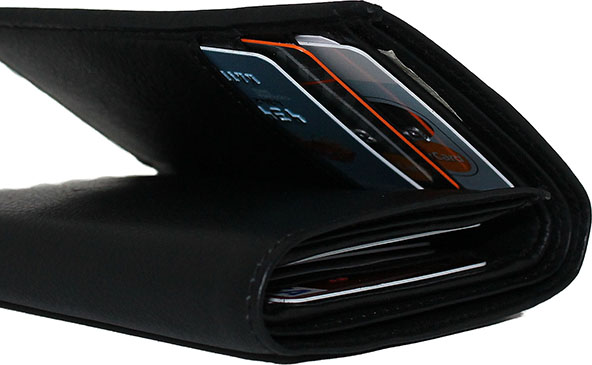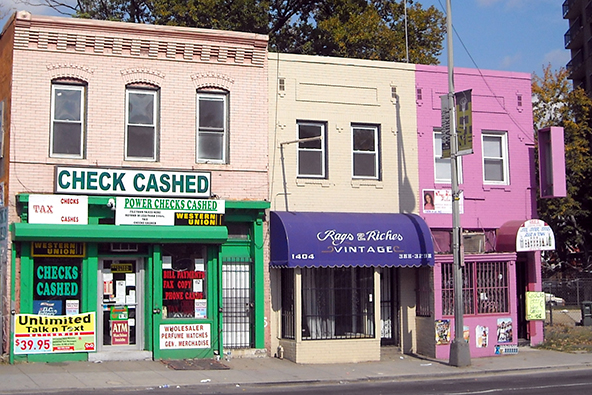Banks, Retailers Fight on over Debit Card Interchange Fees

We expected that the fight would be over by now and both sides would have moved on. After all, we were told that the Durbin Amendment to last year’s landmark Dodd-Frank financial overhaul legislation would have been finalized this past April.
Well, whether it has been or not, retailers and banks continue to bludgeon each other over the size of debit card interchange fees ahead of the law’s July 21th enactment date. Lobbyists are loving it.
How Much Should Issuers Charge Retailers for Accepting Debit Card Payments?
This is precisely the question whose answer the Durbin Amendment intends to change. Called interchange fees, at present they are set up bi-annually by Visa and MasterCard. Retailers never liked the status quo and finally managed to push through a provision that directed the Federal Reserve to ensure that debit card interchange fees are “reasonable and proportional.”
The Fed responded with a proposal that many, not only in the financial industry, saw as quite draconian. Reasonable and proportional, the Fed concluded, meant that debit card interchange fees were to be slashed to $0.12 per transaction. The Fed calculated that at this level debit transactions would cost retailers about 70 percent less than the average fee of $0.44 per transaction in 2010.
Banks Stand to Lose Up to $25 Billion a Year
Issuers were naturally aghast at the prospect of losing 70 percent of their debit transaction revenues. Estimates vary, but the Durbin Amendment is expected to cost issuers anywhere from $13.6 billion a year, according to a CardHub.com study to $25 billion, according to a?áreport from Boston Consulting Group (BCG).
What is more, with debit card use on the rise, these amounts are only expected to grow in the coming years. The share of Americans who used debit cards in 2009 grew by 5 percent from 2008 according to a study by Javelin Strategy and Research, a consulting company, while credit card use fell to 57 percent from 87 percent for the period, with a further drop to 45 percent predicted for 2010.
The Battle Intensifies
Although it initially looked as if the retailers had scored a huge victory, it now looks like it may have been somewhat premature to write the banks off. Issuers have always warned that an interchange reduction would lead to consumers paying higher fees elsewhere and, once the Fed proposed the 12-cent limit, they got busy making good on their promises.
Several big debit card issuers discontinued their rewards programs, with Wells Fargo announcing that, if the interchange fee limit is postponed, it could resume it. Some banks, most notably Bank of America are mulling the reintroduction of the overdraft fees and most issuers are considering doing away with at least some of their free checking account offerings.
At the same time, banks are getting help from both sides in Congress, as well as from some unexpected quarters. Barney Frank, a Democratic Representative from Massachusetts and one of the co-sponsors of the eponymous Dodd-Frank legislation, opposed the Fed’s rule. “The amount the credit card companies are allowed to charge is too low,” he told CNBC’s Maria Bartiromo in an interview.
The Takeaway: Consumer Position Unclear
While it is easy to see why the banks and retailers are so worked up about interchange fees, it is unclear whether the consumer position will be any different if the Fed’s rule goes into effect, either in its present or in a less extreme form.
The retailers promise that the savings would be passed on to consumers, but it is very difficult to believe that they would expend all these efforts and money solely for someone else’s benefit. Even if they did, these savings could be more than offset by the issuers’ countermeasures.
The only clear winners from the debit fee commotion so far are the lobbyist groups employed by the two opposing sides. The retailers and the banks have spent a total of $340,000 on lobbying in the first quarter of this year, according to NPR. We can safely assume that a lot more will be spent before it is all said and done.
Image credit: Entrustcash.wordpress.com.


